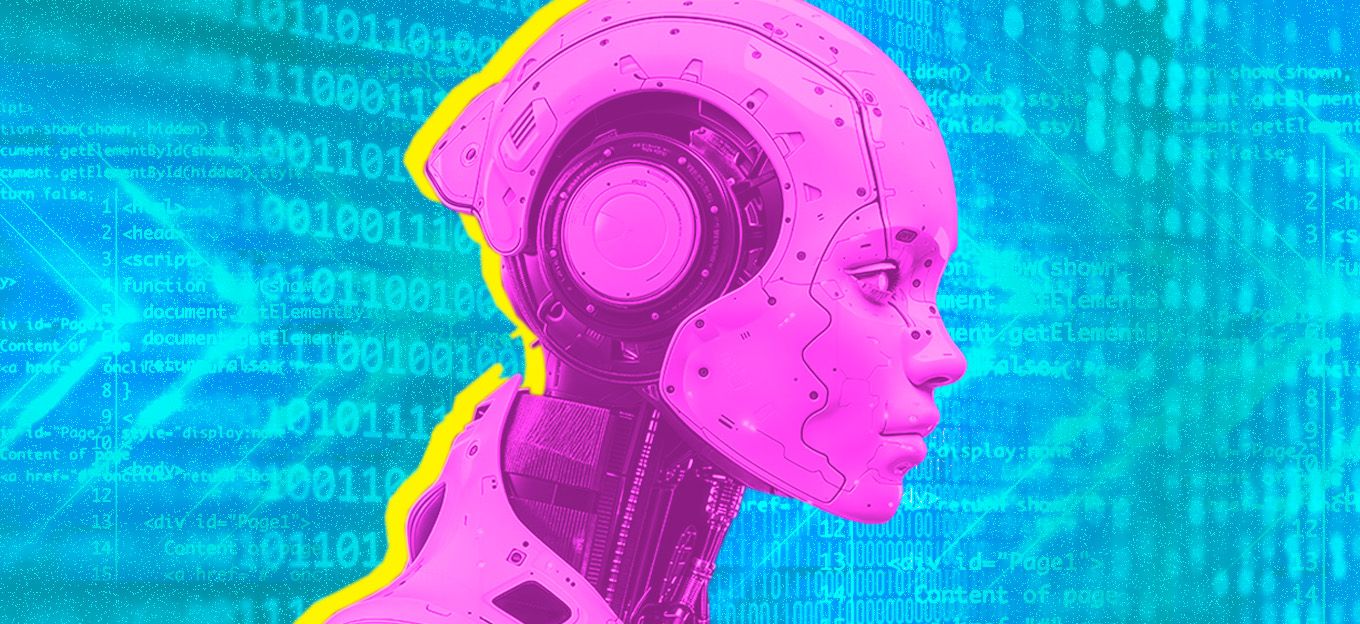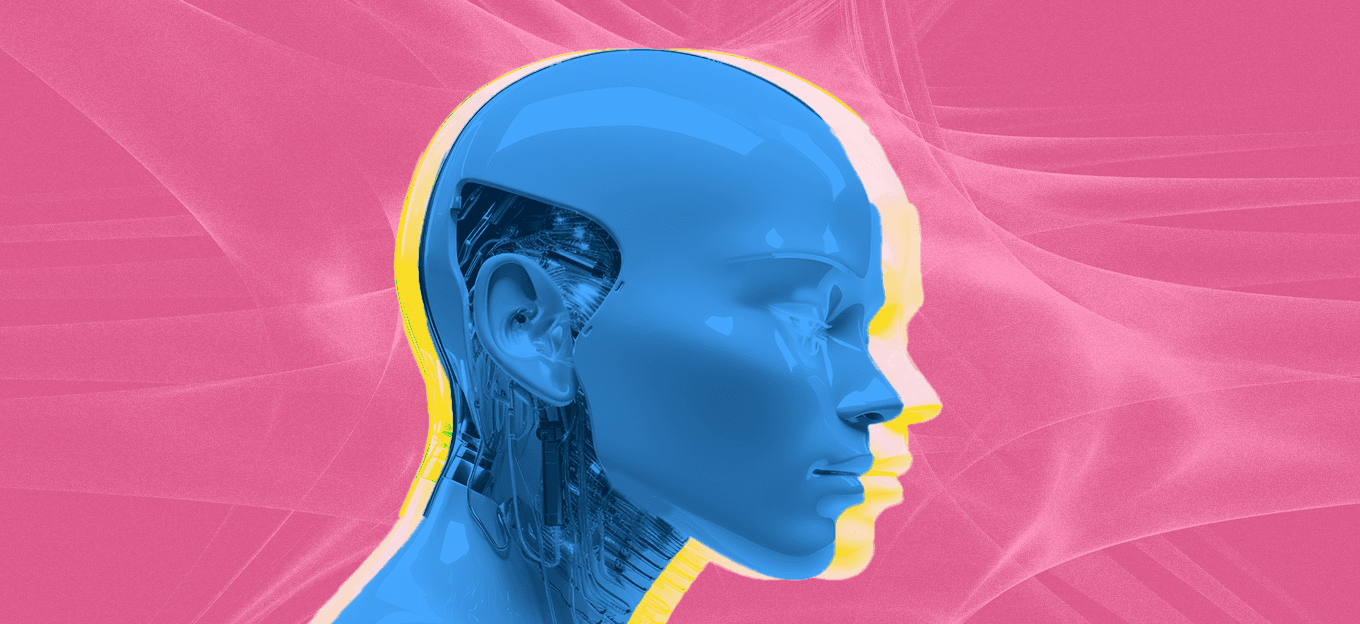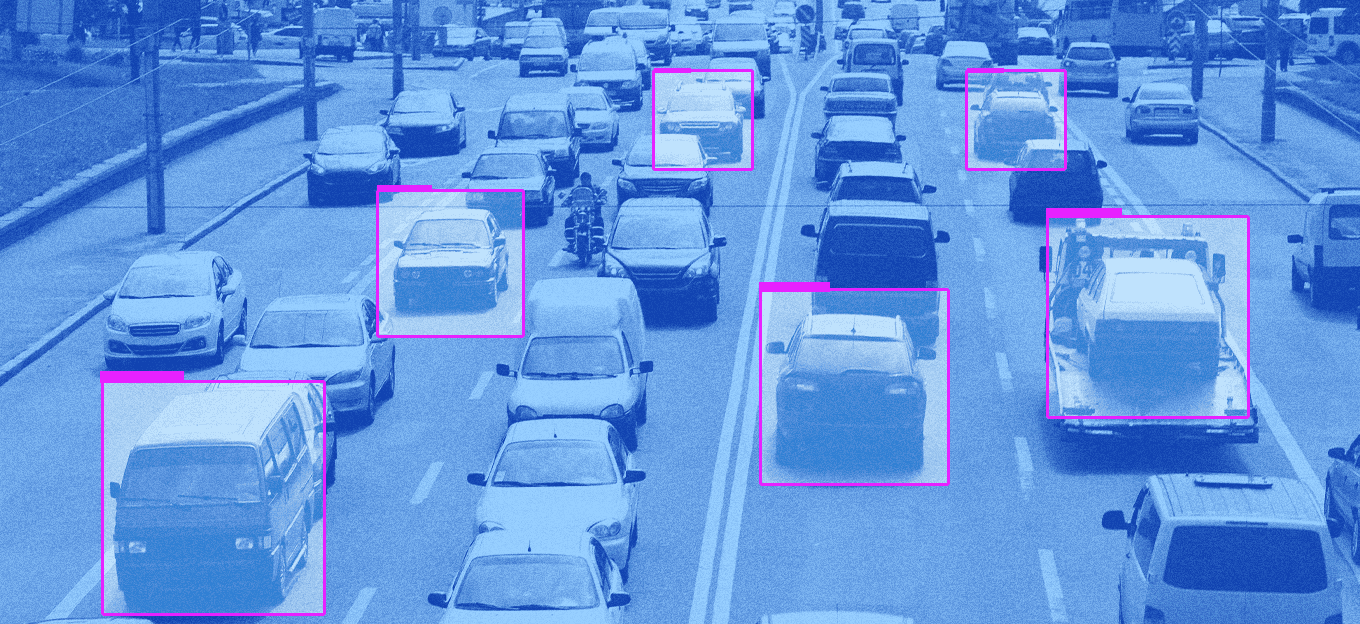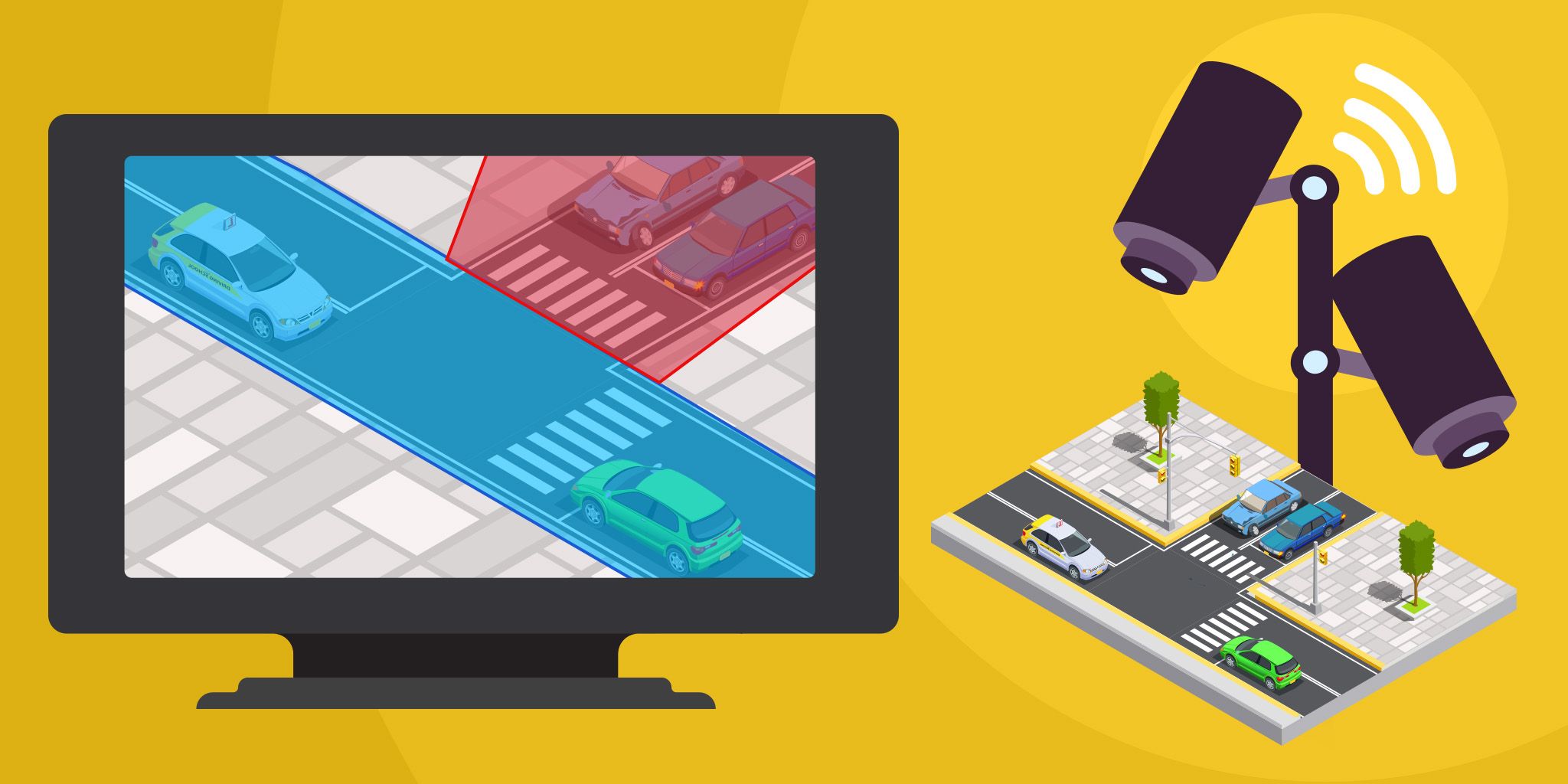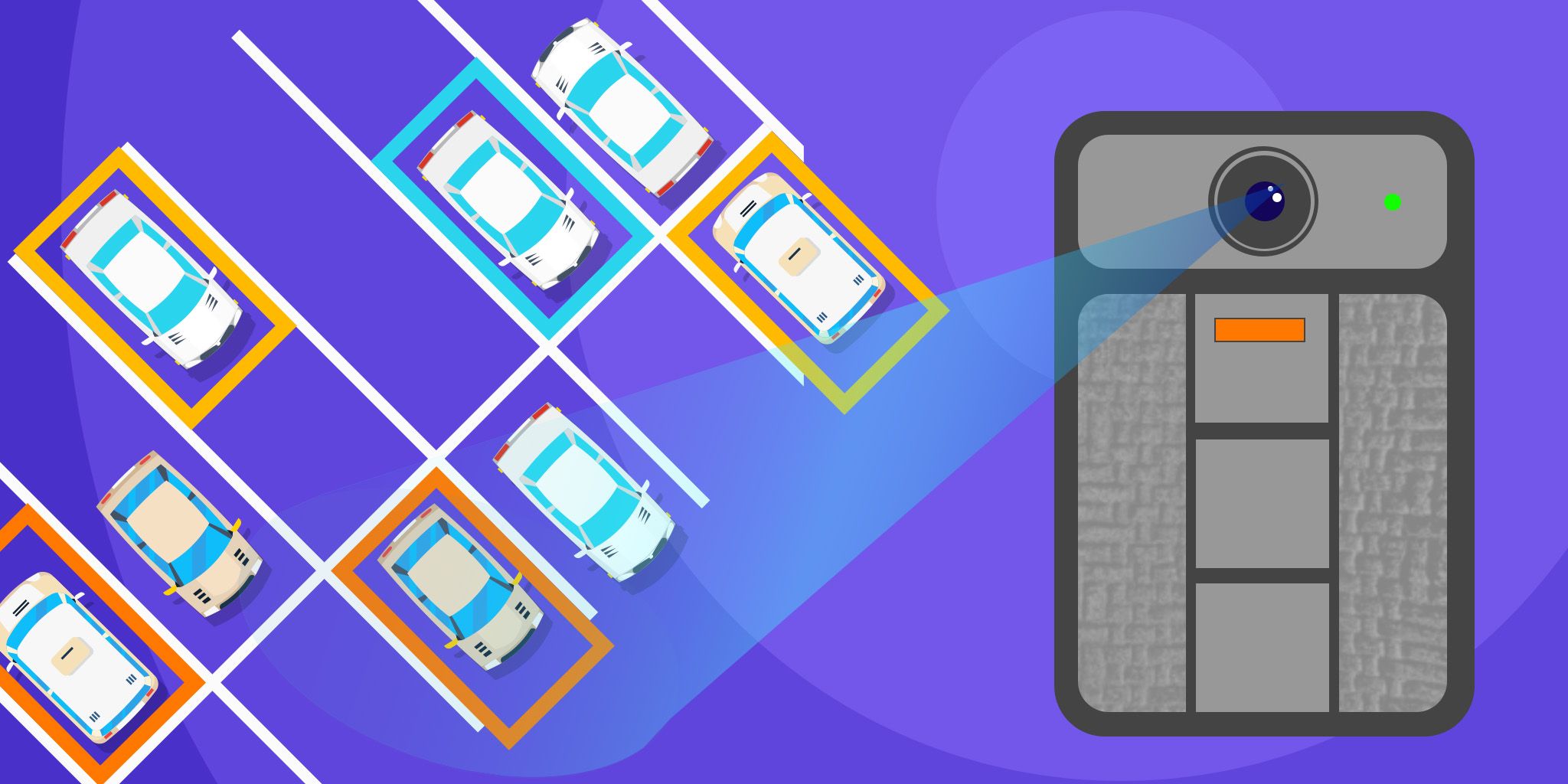I Bought Everything ChatGPT Recommended. Should OpenAI Get a Cut?
I Bought Everything ChatGPT Recommended. Should OpenAI Get a Cut?
- Last Updated: June 4, 2025
Wildfire Systems
- Last Updated: June 4, 2025



A few days ago, I asked ChatGPT to help me solve a problem. I wanted to take more handwritten notes and organize them digitally and I didn’t want to add to my growing collection of devices to lug around. In under 30 seconds, it recommended a note-taking app, an upgraded iPad, a screen protector, and an Apple Pencil.
I bought all of it. No second opinion. No scrolling Amazon reviews. Just… click, click, checkout.
And then it hit me: this is exactly what we built Wildfire to do back in the beginning.
We started with a simple idea — when someone recommends a product to a friend, and that friend buys it, the recommender should be rewarded. And it worked, kind of. It didn’t scale the way we needed it to so we pivoted to focus on other forms of rewards — cashback, loyalty points, discounts.
Now, suddenly, I’m watching AI step into the recommender role. And not just any AI — one that people trust enough to skip the research. One that converts.
So now I’m wondering: if AI drives the purchase, who should get paid?
Why Did I Trust It?
That’s what I keep coming back to.
Why did I trust this recommendation? There was no human behind it. No personal anecdote. No “I use this every day and swear by it.” Just a set of items, presented clearly and confidently by a system trained on… well, everything, including me.
And yet, it felt authentic.
Was it the absence of hype? The straightforward tone? The fact that ChatGPT didn’t seem to have anything to gain from the recommendation?
I think it comes down to this: I believed the system was optimized for helpfulness, not profit. And if I ever felt that changed — if I suspected my results were skewed by what earns the platform more — I’d trust it like I trust an ad. And I’ve been in marketing for 20 years, so the answer is: not very much.
Trust in AI recommendations isn’t built over time; it’s built-in one interaction — and can be lost just as fast. The majority of consumers agree with me: 86 percent of respondents said an online platform’s reputation is an important factor in their decision to use it, according to a recent study by Trua.
Who Gets Paid When AI Recommends?
In traditional affiliate marketing, the value chain is clear:
- A person makes a recommendation
- A platform tracks it
- A commission is paid when a purchase is made
But with AI in the mix, that model starts to blur. If generative AI recommends a product — whether it’s a kitchen knife, a book, or a new tablet setup — and a person clicks and buys… who earns the commission?
The platform? The developers behind the model? The person who prompted it? The creator of the training data that informed the recommendation in the first place? There’s no playbook here yet. But there are already real dollars on the table.
If generative commerce is going to scale — and it will — then attribution, compensation, and ethics all have to catch up. And if companies like OpenAI, Meta, or Google start monetizing their AI outputs with affiliate models (and let’s be honest, they most likely will at some point), transparency will matter more than ever.
Consumers will want to know:
- Is this recommendation based on what’s best for me, or what pays the most?
- Is this a tool I can trust, or a new version of pay-to-play influence?
- And if it’s monetized… is that a bad thing?
The Future is Generative. The Stakes are High.
AI is quickly becoming a guide in how we shop — suggesting products, surfacing reviews, and helping us weigh options. It's subtle now, but the behavior shift is underway.
But here’s the thing: trust doesn’t erode slowly. It vanishes in an instant.
If users ever feel like their AI is recommending a product because it pays more, not because it’s the best fit — that trust is gone. That’s the risk facing every platform– OpenAI, Meta, Google, Amazon – that will inevitably monetize generative recommendations.
The model for doing it right isn’t complicated:
- Keep recommendations excellent, personalized, and aligned with user intent.
- Don’t alter what someone sees just because there’s commission on the line.
- Make monetization invisible, unless transparency adds value.
In other words: paid or free, monetized or not, the recommendations should be the same.
That’s how you preserve authenticity. That’s how you scale trust.
The question isn’t whether AI will shape our buying decisions — it’s already happening. The real question is whether platforms can get paid without breaking what made their recommendations powerful in the first place.
Tristan Barnum is the CMO of Wildfire Systems
The Most Comprehensive IoT Newsletter for Enterprises
Showcasing the highest-quality content, resources, news, and insights from the world of the Internet of Things. Subscribe to remain informed and up-to-date.
New Podcast Episode

Navigating the Future of Embedded Computing
Related Articles
